
Clinicians wrap up their discussion on novel, rapid-acting agents for major depressive disorder (MDD) with key insights and takeaways for providers.

Clinicians wrap up their discussion on novel, rapid-acting agents for major depressive disorder (MDD) with key insights and takeaways for providers.
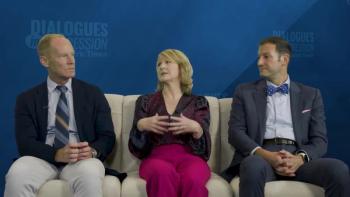
Clinicians expand their discussion with a second patient case, highlighting similarities and differences between cases, and particular treatment algorithms that may be helpful.
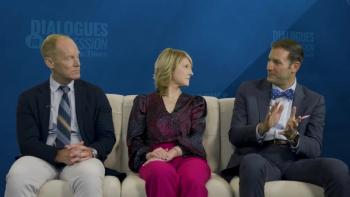
Experts continue their discussion of the first patient case, explaining how glutamate-modulating therapies could help improve his symptoms and outcomes.

Experts use a major depressive disorder (MDD) patient case to provide clinical insights on managing MDD, and how they would educate patients about their condition.
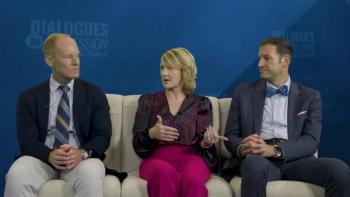
Clinicians wrap up their discussion of three new agents approved for the treatment of major depressive disorder (MDD).
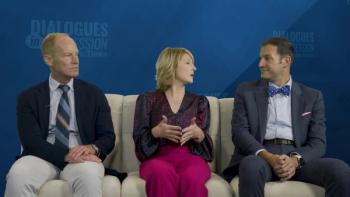
Clinicians continue their discussion of three new agents approved for the treatment of major depressive disorder (MDD).

Clinicians begin their review of three new agents approved for the treatment of major depressive disorder (MDD).
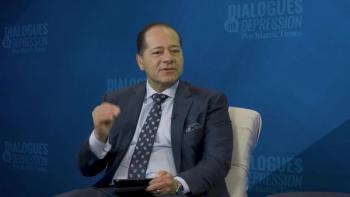
Experts highlight the current and prospective therapies for patients with MDD, highlighting key similarities and differences in patient pathophysiology, drug onset of action, and overall therapeutic limitations.

Experts discuss the impact of targeting glutamate receptors, highlighting its positive effects for patients with anhedonia.
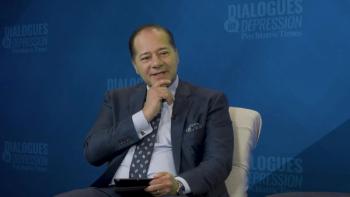
Experts discuss the need to review current clinical guidelines in light of the need for rapid-acting treatment, especially as first-line treatments for some patients.
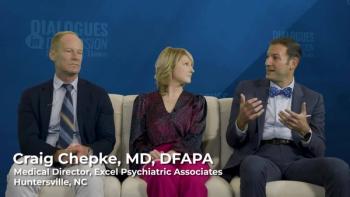
Clinicians discuss the particular benefits of rapid-acting agents for major depressive disorder (MDD), highlighting the gap glutamate-modulating agents fill in targeted therapies.
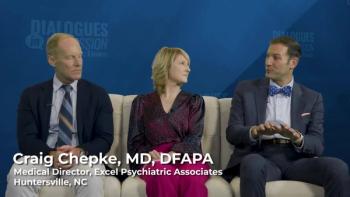
Experts continue their discussion on the role of glutamate receptors, explaining their role in stimulating neuroplasticity and neurogenesis.
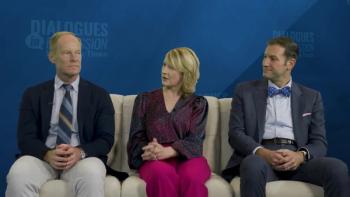
Clinicians discuss the effects of glutamate modulation on neuroplasticity, memory, and cognitive function, highlighting their role in improving overall wellness for their patients.
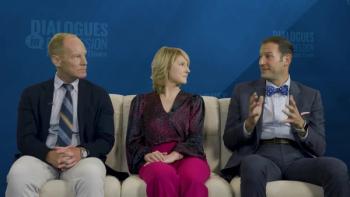
Experts highlight the role of NMDA and AMPA receptors in major depressive disorder (MDD) and how new therapies are targeting novel mechanisms of action.
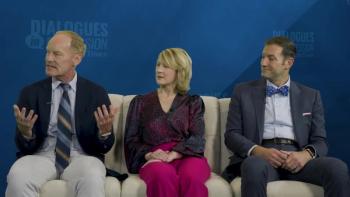
Clinicians discuss past treatment options compared to novel glutamate-modulating agents, highlighting their rapid onset of symptom relief.
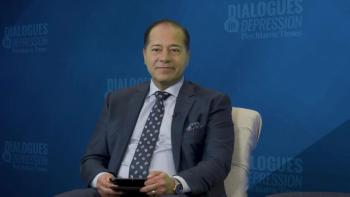
Experts discuss the significance of glutamate in major depressive disorder, highlighting its links to neuroplasticity and stress.
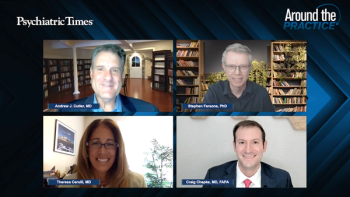
Drs Stephen Faraone, Theresa Cerulli, Craig Chepke, and Andrew J. Cutler discuss novel drug delivery systems and provide take-home messages when treating an adult with ADHD.
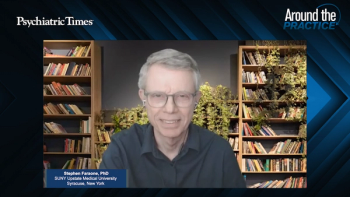
Stephen Faraone, PhD; Theresa Cerulli, MD; Craig Chepke, MD, FAPA; and Andrew J. Cutler, MD, discuss implications of pharmacogenetic testing in ADHD.
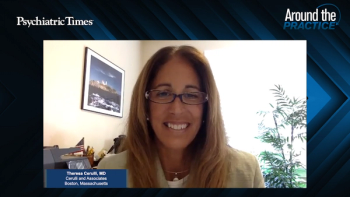
ADHD experts discuss factors that drive treatment selection when selecting therapy for an adult with ADHD.
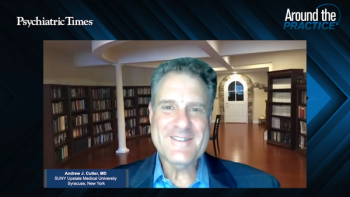
Theresa Cerulli, MD, and Andrew J. Cutler, MD, provide insight on goals of therapy for patients with ADHD.

Stephen Faraone, PhD, presents the case of a 24-year-old patient with ADHD.
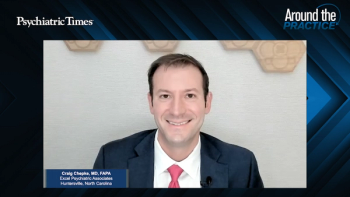
ADHD experts discuss the importance of an integrative approach in the treatment of adults with ADHD.

Stephen Faraone, PhD; Theresa Cerulli, MD; Craig Chepke, MD, FAPA; and Andrew J. Cutler, MD, discuss addressing non-adherence and the stigma of ADHD.

Drs Stephen Faraone, Theresa Cerulli, Craig Chepke, and Andrew J. Cutler discuss how to deal with other comorbidities when treating an adult with ADHD.

Experts in psychiatry provide insight on a patient case as well as discuss challenges with ADHD.

Stephen Faraone, PhD, presents the case of a 23-year-old patient with ADHD.

A panel of ADHD specialists discuss the impact of treatment delay when dealing with an adult patient.

Drs Stephen Faraone, Theresa Cerulli, Craig Chepke, and Andrew J. Cutler discuss how to co-manage a patient with ADHD with other specialties.

Experts in psychiatry discuss tips to differentiate between ADHD and other co-morbid psychiatric disorders.

Stephen Faraone, PhD; Theresa Cerulli, MD; Craig Chepke, MD, FAPA; and Andrew J. Cutler, MD, discuss factors which prompt adults for an ADHD consultation.
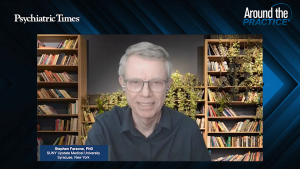
Published: October 21st 2022 | Updated:

Published: September 9th 2022 | Updated:

Published: September 9th 2022 | Updated:
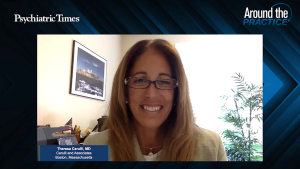
Published: October 7th 2022 | Updated:

Published: October 14th 2022 | Updated:

Published: September 16th 2022 | Updated: